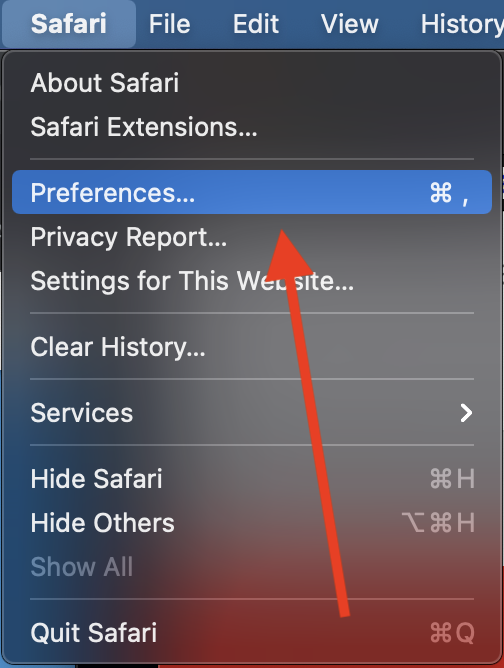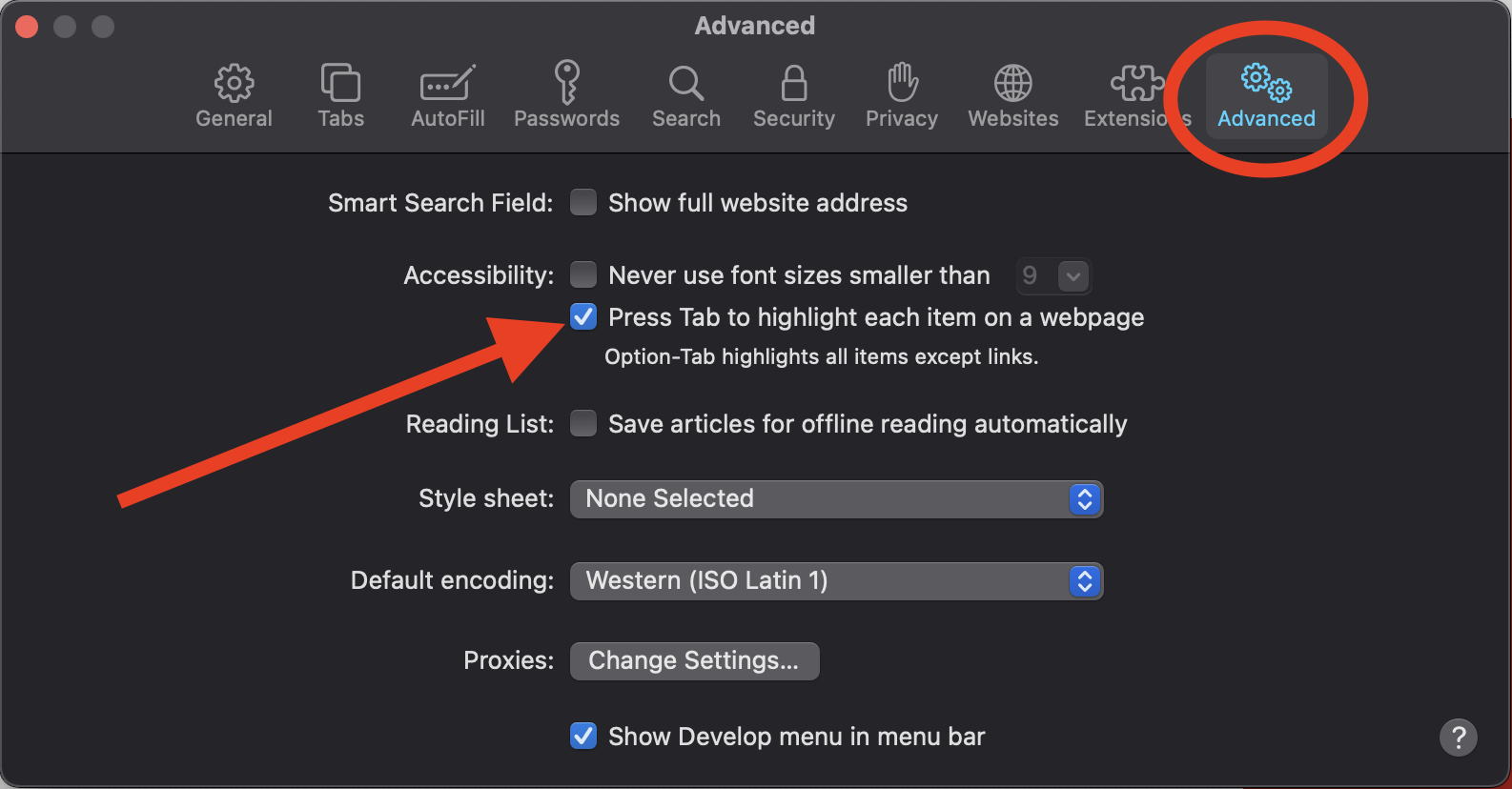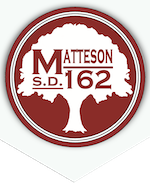Nondiscrimination Commitment
Matteson School District #162 is committed to a policy of nondiscrimination and equal opportunity in its education programs and activities and employment. The District complies with all laws and applicable regulations that prohibit discrimination, harassment, and retaliation by and in the District, including the following:
- Title II of the Americans with Disabilities Act
- Title IX of the Education Amendments of 1972
- Section 504 of the Rehabilitation Act of 1973
- Title VI of the Civil Rights Act, 42 U.S.C. § 2000d et seq.
- Title VII of the Civil Rights Act, 42 U.S.C. § 2000e et seq.
- The Age Discrimination in Employment Act of 1967
- The State Officials and Employees Ethics Act
- The Illinois Human Rights Act
- Sections 10-22.5, 27-1, and 20.60 of the School Code and 23 Illinois Administrative Code Part 200
- Victims’ Economic Security and Safety Act, 820 ILCS 108/
- Illinois Equal Pay Act of 2003, 820 ILCS 112/
- Illinois Genetic Information Privacy Act (GINA), 410 ILCS 513/ and Title II of the Genetic Information Nondiscrimination Act (GINA), 42 U.S.C. § 2000ff et seq.
- Employee Credit Privacy Act, 820 ILCS 70/
The District will use the grievance procedures in Board of Education Policies 9400 (Uniform Grievance Procedure) and 9401 (Title IX Sexual Harassment Grievance Procedure) to process complaints based on alleged violations of law or Board policy.
No student, parent/guardian, employee, or other member of the District community will be subjected to retaliation as prohibited under any law or Board policy, including those laws identified above. Retaliation is an adverse act imposed because a person has asserted a right or participated in a process involving the assertion of a right, including reporting a violation of law or Board policy or participating in the grievance processes used to process complaints based on alleged violations of law or Board policy.
Any person who believes any student, employee, or third party or the District generally has engaged in conduct prohibited by the laws cited above or Board policy, including discrimination, harassment, or retaliation, or who has inquiries about the application of the laws cited above or Board policy should contact a District Nondiscrimination/Title IX Coordinator, Nondiscrimination Coordinator, or Complaint Manager using the contact information below:
Title IX Coordinator Complaint Manager
Ms. Yvonne Williams Mr. Craig Englert
4601 Sauk Trail 4601 Sauk Trail
Richton Park, IL 60471 Richton Park, IL 60471
ywilliams@sd162.org cenglert@sd162.org
708-748-0100 x4122 708-748-0100 x4127
The following agencies may also be able to answer inquiries about some of the laws cited above:
|
U.S. Department of Education
Office for Civil Rights (OCR)
Chicago Office
JCK Federal Building
230 S. Dearborn Street, 37th Floor
Chicago, IL 60604
Telephone: (312) 730-1560
Facsimile: (312) 730-1576
Email: OCR.Chicago@ed.gov
|
U.S. Equal Employment Opportunity Commission (EEOC)
Chicago District Office
JCK Federal Building
Chicago, IL 60604
Telephone: (312) 872-9744
Facsimile: 312-588-1260
Info@EEOC.org
|
Illinois Department of Human Rights (IDHR)
Springfield Office
535 West Jefferson
1st Floor
Intake Unit
Springfield, IL 62702
Telephone: (217) 785-5100
Facsimile: (217) 785-5106
Email: IDHR.webmail@Illinois.gov
|
More information on the Board policies prohibiting discrimination, harassment, and retaliation can be found in Board policy.
The following Provisional Title IX Sexual Harassment Grievance Procedure—Administrative Procedure will be used for all reports or complaints of “Title IX Sexual Harassment,” as that term is defined in the Provisional Procedure, until the Board’s adoption of Policy 9401 (see below):
All other reports and complaints of discrimination, harassment, retaliation or other violations of law or Board policies will be processed using Board policies 9400 (Uniform Grievance Procedure) and 9401 Title IX Sexual Harrassment Grievance Procuedre. See a copy of the policies below.
The following materials have been used to train Title IX Coordinators, investigators, decision-makers, and any person who facilitates an informal resolution process (the District’s Title IX Team members):
August 2020 9401
School Board
Title IX Sexual Harassment Grievance Procedure
As required by Title IX of the Education Amendments of 1972 (Title IX) and its implementing regulations (34 C.F.R. Part 106), the District does not discriminate on the basis of sex in any of its education programs or activities, and it complies with Title IX concerning everyone in the District’s education programs and activities, including with applicants for employment, students, parents/guardians, employees, and third parties.
Title IX Sexual Harassment Prohibited
Sexual harassment as defined in the Title IX implementing regulations (“Title IX Sexual Harassment”) is prohibited. Any person, including a District employee or agent, or student, engages in Title IX Sexual Harassment whenever that person engages in conduct on the basis of an individual’s sex that satisfies one or more of the following:
- A District employee conditions the provision of an aid, benefit, or service on an individual’s participation in unwelcome sexual conduct; or
- Unwelcome conduct determined by a reasonable person to be so severe, pervasive, and objectively offensive that it effectively denies a person equal access to the District’s educational program or activity; or
- Sexual assault as defined in 20 U.S.C. §1092(f)(6)(A)(v), dating violence as defined in 34 U.S.C. §12291(a)(10), domestic violence as defined in 34 U.S.C. §12291(a)(8), or stalking as defined in 34 U.S.C. §12291(a)(30).
Examples of Title IX Sexual Harassment can include, but are not limited to, touching, crude jokes or pictures, discussions of sexual experiences, teasing related to sexual characteristics, spreading rumors related to a person’s alleged sexual activities, rape, sexual battery, sexual abuse, and sexual coercion.
Definitions from 34 C.F.R. §106.30
Complainant means an individual who is alleged to be the victim of conduct that could constitute Title IX Sexual Harassment.
Education program or activity includes locations, events, or circumstances where the District has substantial control over both the Respondent and the context in which alleged Title IX Sexual Harassment occurs.
Formal Title IX Sexual Harassment Complaint means a document filed by a Complainant or signed by the Title IX Coordinator alleging Title IX Sexual Harassment against a Respondent and requesting that the District investigate the allegation.
Respondent means an individual who has been reported to be the perpetrator of the conduct that could constitute Title IX Sexual Harassment .
Supportive measures mean non-disciplinary, non-punitive individualized services offered as appropriate, as reasonably available, and without fee or charge to the Complainant or the Respondent before or after the filing of a Formal Title IX Sexual Harassment Complaint or where no Formal Title IX Sexual Harassment Complaint has been filed.
Title IX Sexual Harassment Prevention and Response
The District’s Title IX Coordinator, identified in Board policy, or designee will oversee the District’s efforts to prevent and respond to allegations of Title IX Sexual Harassment, which shall include the following, at minimum:
- The District’s comprehensive health education program in Board policy 6:60, Curriculum Content, will incorporate (a) age-appropriate sexual abuse and assault awareness and prevention programs in grades pre-K through 12, and (b) age-appropriate education about the warning signs, recognition, dangers, and prevention of teen dating violence in grades 7-12. This includes incorporating student social and emotional development into the District’s educational program as required by State law and in alignment with Board policy 6:65, Student Social and Emotional Development.
- The District will incorporate education and training for school staff as required by law or, at the Superintendent and Title IX Coordinator’s discretion, recommended by the Superintendent, Title IX Coordinator, Nondiscrimination Coordinator, Building Principal, Assistant Building Principal, Dean of Students, or a Complaint Manager.
- The District will notify applicants for employment, students, parents/guardians, employees, and collective bargaining units of its nondiscrimination policy, contact information for the Title IX Coordinator, and training materials used to train its Title IX Coordinator(s), investigator(s), decisionmaker(s), and informal resolution facilitator(s) by, at a minimum, prominently displaying such information and materials on the District’s website, if any, and in each handbook made available to such persons.
Making a Report or Inquiry
A person who wishes to make a report of Title IX Sexual Harassment is encouraged to do so to the Title IX Coordinator, Building Principal, Assistant Building Principal, Dean of Students/Assistant Principal, or teacher. A person who wishes to make a report may choose to report to a person of the same gender and to any employee of the District.
School employees must promptly forward any report of Title IX Sexual Harassment to the Title IX Coordinator. An employee who fails to promptly make or forward a report may be disciplined, up to and including discharge.
Inquiries about Title IX, its implementing regulations, or any policy or procedure prohibiting Title IX Sexual Harassment may be directed to the Title IX Coordinator or to the U.S. Department of Education’s Office for Civil Rights (OCR) at (312) 730-1560 or OCR.Chicago@ed.gov.
August 2020 9400
School Board
Uniform Grievance Procedure
Any student, parent/guardian, employee, or community member has the right to report or file a complaint that the School Board, its employees, or its agents have violated guaranteed by the State or federal Constitution, State or federal statute, or Board policy, including any one of the following:
- Title II of the Americans with Disabilities Act, 42 U.S.C. §12101 et seq.
- Title IX of the Education Amendments of 1972, 20 U.S.C. §1681 et seq., excluding Title IX sexual harassment complaints addressed under policy 2:265, Title IX Sexual Harassment Grievance Procedure
- Section 504 of the Rehabilitation Act of 1973, 29 U.S.C. §791 et seq.
- Title VI of the Civil Rights Act, 42 U.S.C. §2000d et seq.
- Equal Employment Opportunities Act (Title VII of the Civil Rights Act), 42 U.S.C. §2000e etseq.
- Sexual harassment prohibited by the State Officials and Employees Ethics Act, 5 ILCS 430/70-5(a); Illinois Human Rights Act, 775 ILCS 5/; and Title VII of the Civil Rights Act of 1964, 42 U.S.C. §2000e etseq. (Title IX sexual harassment complaints are addressed under policy 2:265, Title IX Sexual Harassment Grievance Procedure)
- Breastfeeding accommodations for students, 105 ILCS 5/10-20.60
- Bullying, 105 ILCS 5/27-23.7
- Misuse of funds received for services to improve educational opportunities for educationally disadvantaged or deprived children
- Curriculum, instructional materials, and/or programs
- Victims’ Economic Security and Safety Act, 820 ILCS 180/
- Illinois Equal Pay Act of 2003, 820 ILCS 112/
- Provision of services to homeless students
- Illinois Whistleblower Act, 740 ILCS 174/
- Misuse of genetic information prohibited by the Illinois Genetic Information Privacy Act, 410 ILCS 513/; and Titles I and II of the Genetic Information Nondiscrimination Act, 42 U.S.C. §2000ff et seq.
- Employee Credit Privacy Act, 820 ILCS 70/
If the reporting party is different than the party alleged to have been the victim of the misconduct, the person who is the alleged victim of the misconduct (the “Complainant”) will typically be the person entitled to the rights for the Complainant outlined in this policy, including the right to participate in the processes outlined in this policy. In the rare circumstances in which the reporting party has rights recognized by law or Board policy, the reporting party also will be a “Complainant” under this policy and will have all related rights.
Right to Pursue Other Remedies Not Impaired
The right of a person to prompt and equitable resolution of a report or complaint under this policy will not be impaired by the person’s pursuit of other remedies, e.g., criminal complaints, civil actions, etc., although temporary delays may be warranted in the discretion of the District, particularly for concurrent law enforcement investigations. Use of this grievance procedure is not a prerequisite to the pursuit of other remedies and use of this grievance procedure does not extend any filing deadline related to the pursuit of other remedies. If a person is pursuing another remedy based on the same or similar operative facts as a complaint under this policy, the District has the discretion to continue with a simultaneous investigation under this policy and will do so in all cases required by law.
Deadlines
If a report is made or a complaint is filed under this policy, a Nondiscrimination Coordinator, Complaint Manager, or designee will address the complaint promptly and equitably. All deadlines under this policy may be extended as deemed appropriate by the administrator responsible for meeting the deadline under this policy. As used in this policy, school business days means days on which the District’s main office is open.
Informal Resolution
The Nondiscrimination Coordinator or Complaint Manager has the discretion to attempt to resolve reports and complaints of misconduct covered by this policy informally without resorting to the grievance procedures in this policy. Parties to reports or complaints under this policy must voluntarily agree to engage in any informal resolution, may refuse any offer of informal resolution, and may withdraw from any informal resolution process at any time prior to an agreement being reached. The District does not require Complainants to attempt to resolve allegations directly with individuals accused of misconduct (the “Respondent”) or their representatives.
Reports and Complaints
To request use of this grievance procedure, a person should make a report or file a complaint with a District Nondiscrimination Coordinator or Complaint Manager. No person is required to make a report or file a complaint with a particular Nondiscrimination Coordinator or Complaint Manager; individuals may request to speak to a Nondiscrimination Coordinator or Complaint Manager of the same gender. Any employee who receives a report or complaint of conduct covered by this policy must report the conduct to the Nondiscrimination Coordinator or Complaint Manager.
For reports, the Nondiscrimination Coordinator, Complaint Manager, or designee may request a written statement and/or completion of a written complaint form regarding the report. The Nondiscrimination Coordinator, Complaint Manager, or designee may require a meeting with the Complainant and/or their parent(s)/guardian(s) in relation to a report or complaint.
The following grievance process will be used to address complaints of misconduct covered by this policy unless another policy or document, including a collective bargaining agreement, prescribes a different complaint process for the conduct or concern at issue. In some cases, the Nondiscrimination Coordinator, Complaint Manager, or designee must consider other applicable policies when addressing complaints of misconduct covered by this policy
Intake Process
If attempts at informal resolution are not successful or appropriate, the Nondiscrimination Coordinator, Complaint Manager, or designee will offer the Complainant an opportunity to file a complaint under this policy. The Nondiscrimination Coordinator, Complaint Manager, or designee will notify the Complainant of any limitations on confidentiality, including that if the District has notice of prohibited conduct that creates a risk for students, employees or other members of the District community other than the Complainant, or if sharing the identity of the Complainant is necessary to complete an investigation into a complaint, the District may not be able to respect a request to maintain the confidentiality of the Complainant. The complaint and identity of the Complainant and any witnesses will not be disclosed except: (1) as required by law or this policy, (2) as necessary to fully investigate the complaint or implement interim measures, or (3) as authorized by the relevant person (Complainant or witness).
If a complaint is filed, the Nondiscrimination Coordinator, Complaint Manager, or designee will consider whether the conduct, if true, would be conduct covered by this policy. If so, the Nondiscrimination Coordinator, Complaint Manager, or designee will investigate the complaint or appoint another individual to investigate the matter.
If no complaint is filed, the Nondiscrimination Coordinator, Complaint Manager, or designee will consider whether to open an investigation even without the filing of a complaint. An investigation may be warranted if the reported conduct involves allegations against an employee, multiple allegations against the same alleged perpetrator, or creates a risk to the safety general District community.
Investigation Process
During an investigation, the Nondiscrimination Coordinator, Complaint Manager, or designee assigned to conduct the investigation (the “Investigator”) will provide both parties an equal opportunity to present evidence. If a party or witness is a student under 18 years of age, the Investigator has the discretion to include the student’s parent(s)/guardian(s) during investigatory meetings involving the student. Nothing herein limits the right of school employees to hold investigatory meetings with students under the right of in loco parentis.
The Investigator will inform, at regular intervals, the parties about the status of the investigation.
Within 60 school business days after the date the complaint was filed, the Investigator will prepare a written document summarizing the investigation and the Investigator’s recommendations. All decisions will be based upon the preponderance of evidence (more likely than not) standard.
For minor infractions, which are matters of a severity which, for example, (for students) typically would be handled by a student’s teacher or Assistant Principal/Dean of Students or (for employees) an employee’s direct supervisor, the investigator’s summary can be informal (such as, for students, a suspension notice). The summary will be the final step in this General Grievance Process, subject only to review/appeal options available to students, employees, and third parties under generally applicable policies and procedures, handbooks, collective bargaining agreements, contracts, etc. for discipline imposed.
For more serious infractions, which are matters of a severity that (for both students and employees) typically are escalated to the building principal or a District administrator for resolution, the Investigator’s summary should be in the form of an investigation report. If the investigation is completed by someone other than the Nondiscrimination Coordinator or Complaint Manager, the Investigator will submit the report to the Nondiscrimination Coordinator, Complaint Manager, or designee, who will review the report to confirm if the matter is a more serious infraction. If the Nondiscrimination Coordinator, Complaint Manager, or designee disagrees with the Investigator’s assessment that the matter is a more serious infraction, the matter will be returned to the building level for processing as a minor infraction
If the Nondiscrimination Coordinator, Complaint Manager, or designee agrees that the matter is a more serious infraction, the Nondiscrimination Coordinator or Complaint Manager will forward the Investigator’s report to the Superintendent for review. If the complaint contains allegations involving the Superintendent or one or more Board members, the report will be forwarded to the President of the Board for Board review.
Decision and Appeal
Within five school business days after receiving the Investigator’s report for a more serious infraction, the Superintendent (or the Board, if the complaint contains allegations involving the Superintendent or one or more Board members) will mail a written determination to the Complainant and the Respondent by first class U.S. mail, with a copy to the Nondiscrimination Coordinator or Complaint Manager. All decisions will be based on the preponderance of evidence (more likely than not) standard.
Within 10 school business days after receiving the Superintendent’s (or Board’s) decision, the Complainant or the Respondent may appeal the decision to the Board by making a written request to the Nondiscrimination Coordinator or Complaint Manager. Upon receipt of an appeal, the Nondiscrimination Coordinator, Complaint Manager, or designee will promptly forward materials relevant to the complaint to the Board.
Within 30 school business days after receipt of an appeal, the Board or a designee will affirm, reverse, or amend the Superintendent’s (or Board’s) decision or direct the Superintendent (or Board) to reopen the investigation process for gathering additional information. If the investigation is reopened, a new Investigator report, Superintendent written determination, and opportunity to appeal will be provided. Within five school business days after the Board’s appeal decision, the Board or a designee will mail its written appeal decision to the Complainant and the Respondent by first class U.S. mail, with a copy to the Investigator.
This policy will not be construed to create an independent right to a hearing before the Superintendent or Board. The failure to strictly follow the procedures or other timelines in this grievance procedure does not automatically prejudice a party or impact the outcome of the process.
Appointing Nondiscrimination Coordinators and Complaint Managers
LEGAL REF.: Age Discrimination in Employment Act, 29 U.S.C. §621 et seq.
Americans With Disabilities Act, 42 U.S.C. §12101 et seq.
Equal Employment Opportunities Act (Title VII of the Civil Rights Act), 42 U.S.C. §2000e et seq.
Equal Pay Act, 29 U.S.C. §206(d).
Genetic Information Nondiscrimination Act, 42 U.S.C. §2000ff et seq.
Immigration Reform and Control Act, 8 U.S.C. §1324a et seq.
McKinney-Vento Homeless Assistance Act, 42 U.S.C. §11431 et seq.
Rehabilitation Act of 1973, 29 U.S.C. §791 et seq.
Title VI of the Civil Rights Act, 42 U.S.C. §2000d et seq.
Title IX of the Education Amendments, 20 U.S.C. §1681 et seq.; 34 C.F.R. Part 106
State Officials and Employees Ethics Act, 5 ILCS 430/70-5(a).
105 ILCS 5/2-3.8, 5/3-10, 5/10-20.7a, 5/10-20.60, 5/10-22.5, 5/22-19, 5/24-4, 5/27-1, 5/27-23.7, and 45/1-15.
Illinois Genetic Information Privacy Act, 410 ILCS 513/.
Illinois Whistleblower Act, 740 ILCS 174/.
Illinois Human Rights Act, 775 ILCS 5/.
Victims’ Economic Security and Safety Act, 820 ILCS 180/, 56 Ill.Admin.Code Part 280.
Equal Pay Act of 2003, 820 ILCS 112/.
Employee Credit Privacy Act, 820 ILCS 70/.
23 Ill.Admin.Code §§1.240 and 200.40.
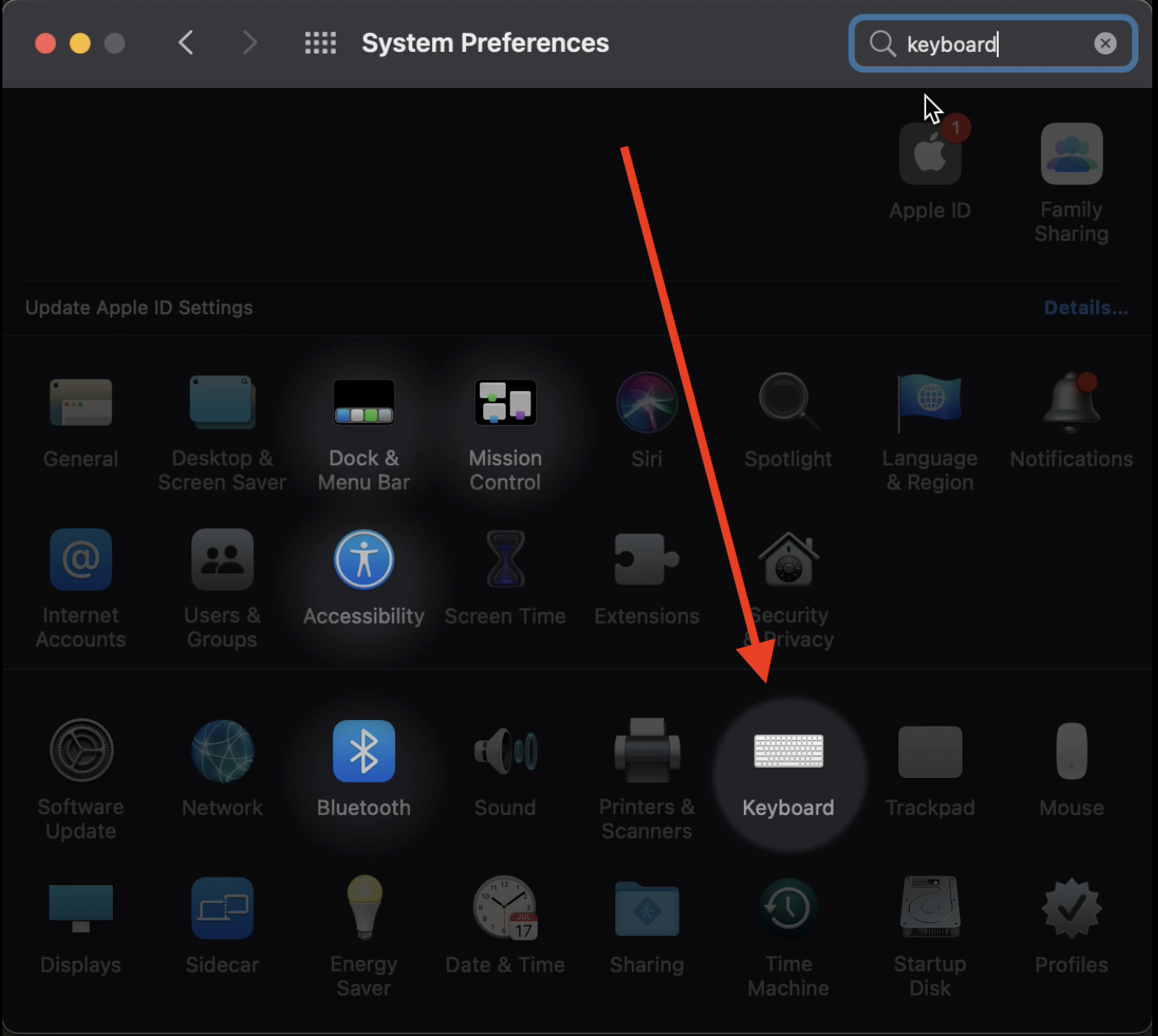
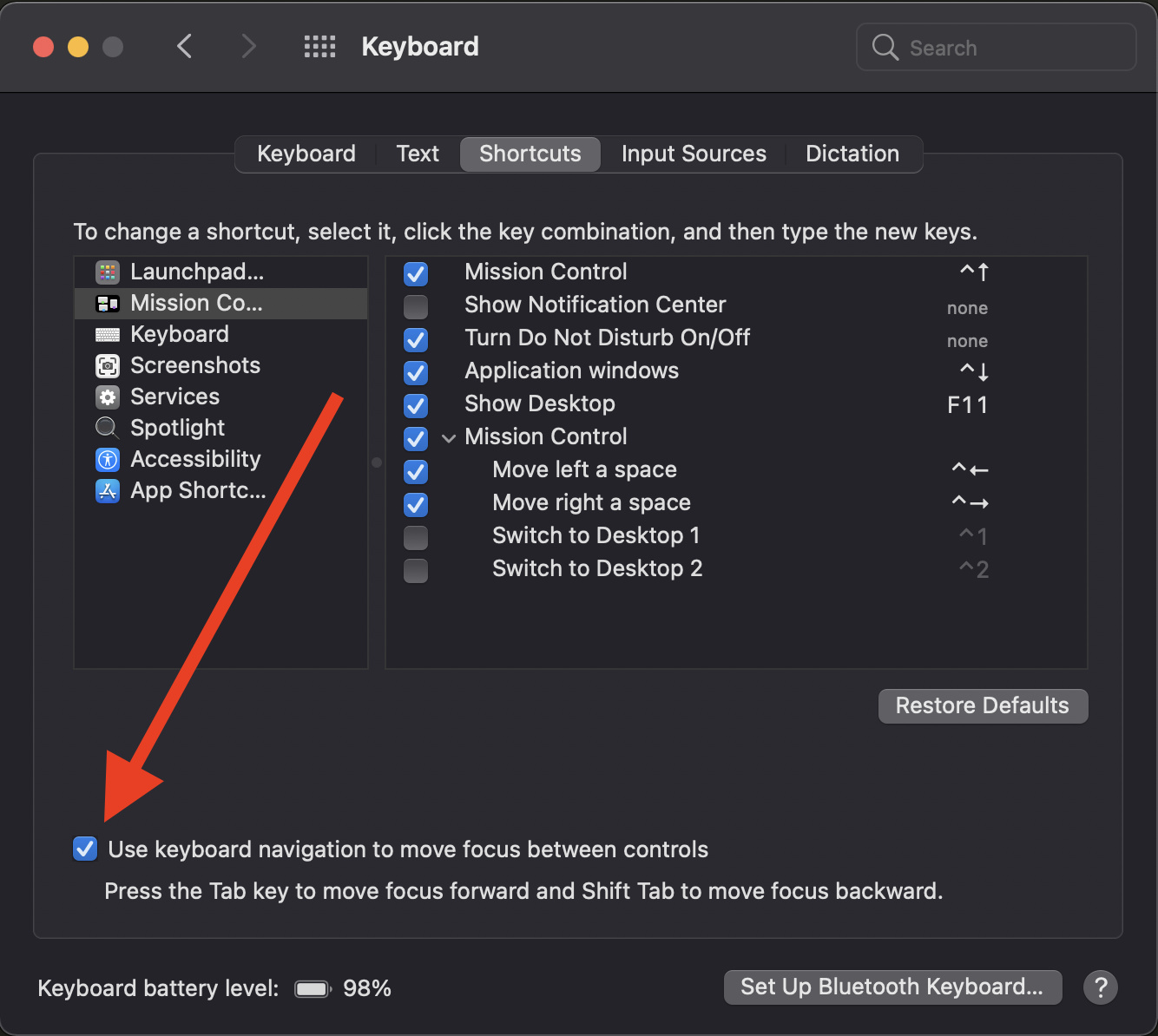 Additional settings for Safari Browser.
Additional settings for Safari Browser.
